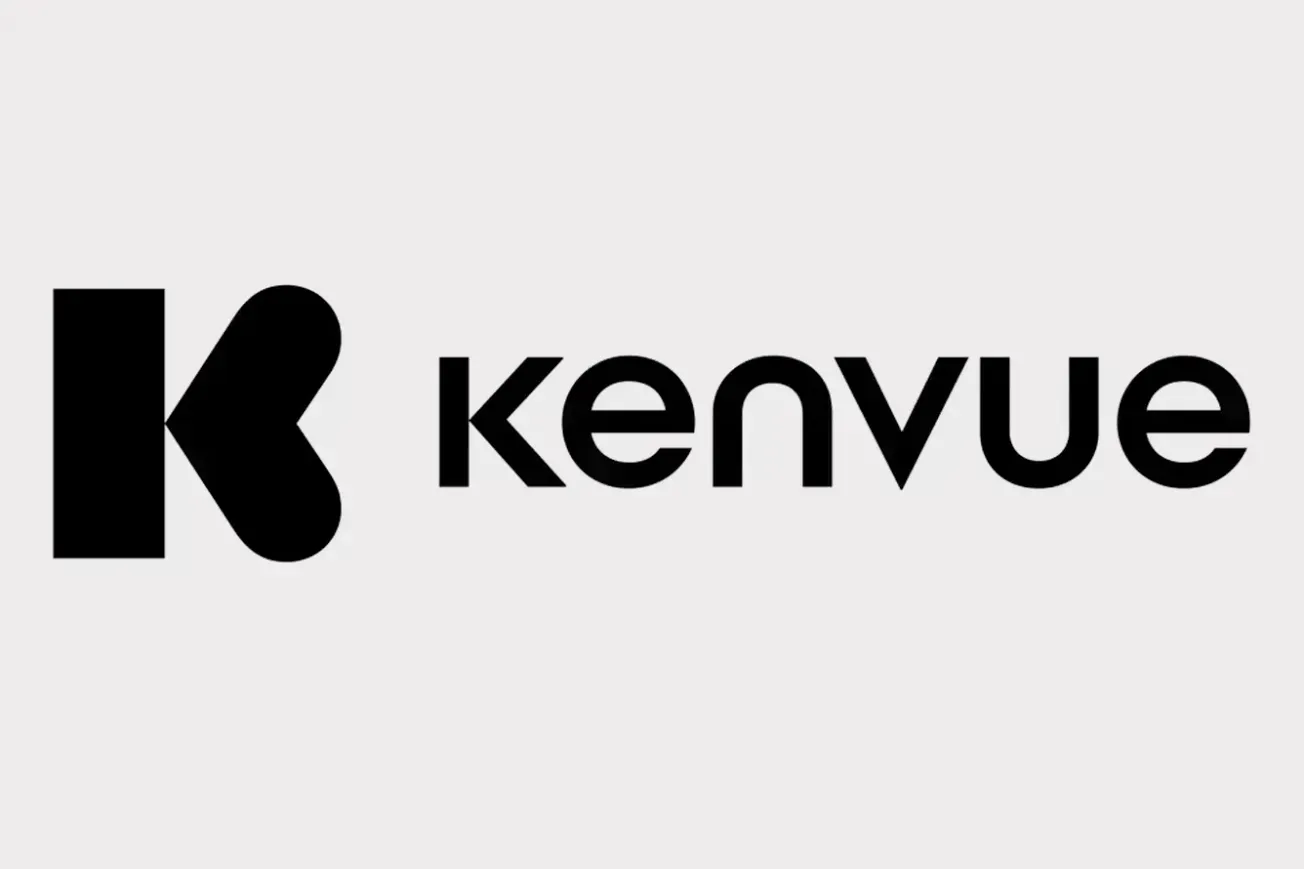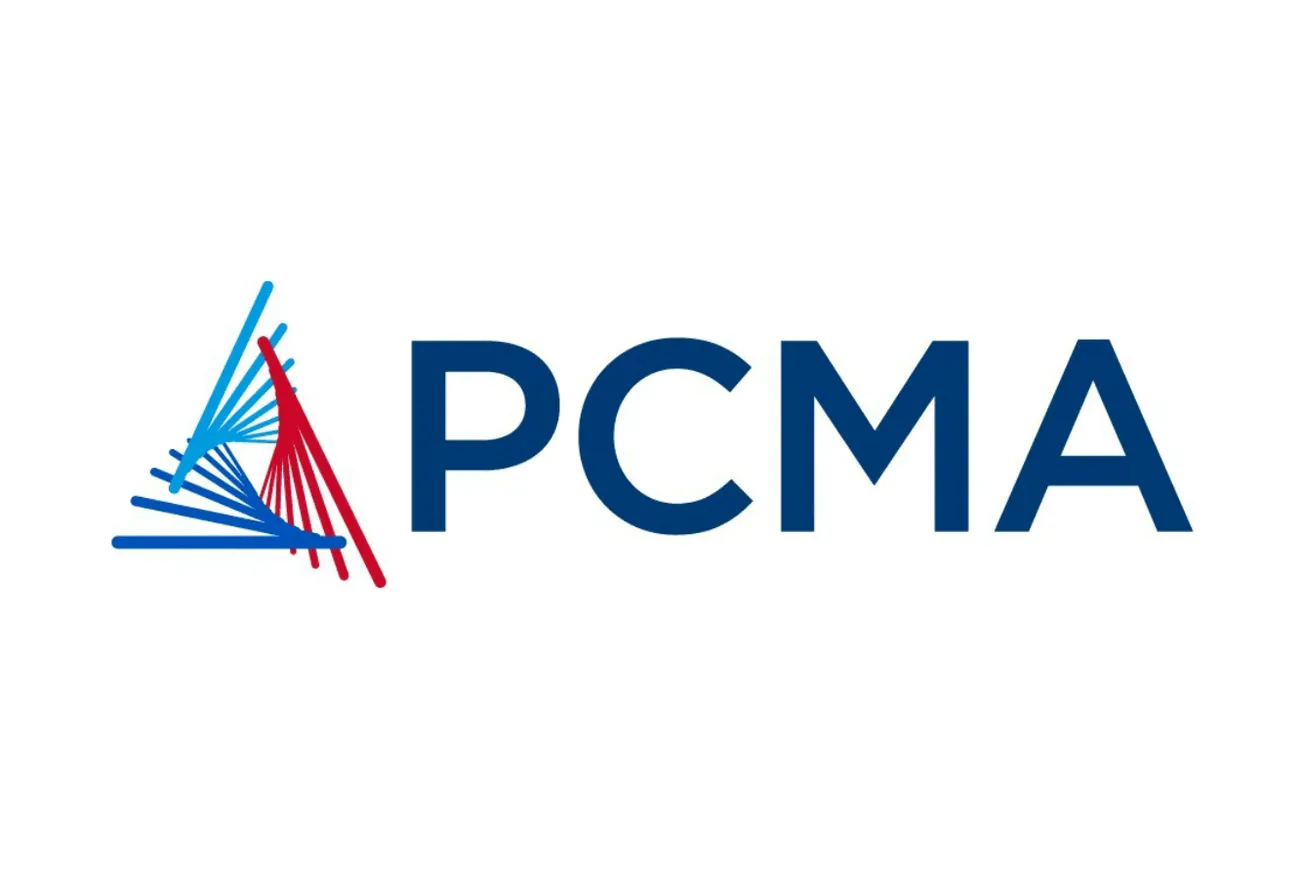MADISON, N.J. — Pfizer Inc. has introduced its new advanced Gold range of child nutrition products, which are developed to meet the changing nutritional and feeding needs of young children.
The company said Wednesday that the Pfizer Nutrition Gold infant and follow-on formulas and growing-up milks provide the right balance of high-quality nutrients needed to support ideal health, growth and development in growing children. The products have been redesigned to reflect the latest recommendations from leading nutritional experts, including the American Academy of Pediatrics (AAP); the European Society for Paediatric Gastroenterology, Hepatology and Nutrition (ESPGHAN); and the Food and Agriculture Organization of the United Nations (FAO).
"Experts have identified several nutrients (vitamin A, vitamin D, iron, zinc and iodine) for which older infants and young children are at risk of consuming in lower than recommended amounts," explained Patricia DeRusso, chief medical officer and vice president at Pfizer Nutrition. "The Gold range was specifically designed to provide older infants and young children with 100% of the U.S. Daily Reference Intakes of vitamin A, iron, iodine and zinc when fed as directed, and also to meet AAP-recommended levels of vitamin D. Further, the new GOLD range contains less protein to support healthier rates of growth, as well as fortification of the second, third and fourth ages with oligofructose, a soluble fiber, to promote gut health."
Pfizer Nutrition sponsored the NOURISH Survey, a global poll of 1,203 health care professionals in 12 countries. Findings from the NOURISH (KNOwledge, UndeRstanding & InsightS Into CHild Nutrition) study showed that nearly half (47%) of health professionals polled believe that most parents of children they see still do not fully understand the long-term impact of early nutrition. The health providers reported that when it comes to feeding and nutrition, just 17% of parents are "very concerned" about ensuring their child is getting the right balance of nutrients that they need.







